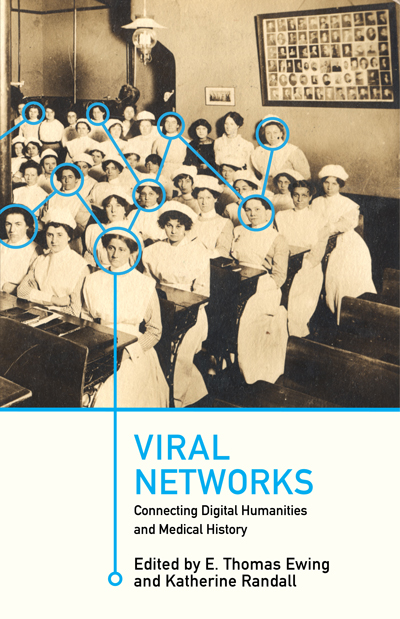QBARS - v22n1 Seed Exchange, 1968
Seed Exchange 1968
Esther Berry
Rather than delay publication of the bulletin, this year we have decided to send the seed list separately by first class mail. In the past we have had some difficulty caused by the wide variation in the delivery dates of bulk mail. Some members receive their bulletins much later than others with the result that they do not have a fair chance in the 'draw,' the process by which seed requests are filled. Previously we have delayed distribution with the intention of overcoming this difficulty but this has not been entirely successful. Let's hope that this does the trick.
We plan to send the copy for the seed list to the printer on Jan. 20. First, however, we must get more seed. It seems to be coming in rather slowly this year.
Each year much valuable seed is lost because the packaging is not secure. Most envelopes are not seed tight and the seed sifts out. Probably the most secure method of packing cleaned seed is to wrap it in notepaper which is then double folded several times and the ends secured with tape. Plastic envelopes are not very satisfactory because the seeds adhere to the plastic and are difficult to remove. The plastic vials which druggists use work quite well if the tops are secured but they are a little more trouble to package for mailing. It is equally important to label each packet carefully, not only as to kind, but also whether or not they are hand pollinated or collected in the wild.
It is our good fortune that Mr. Frank Doleshy of Seattle has made another journey to study the Rhododendrons native to Japan. He has returned with generous supplies of seed for the seed exchange. Further information about his collections will be found in his own report in this issue.
Also from Japan. we will have seed collected by: Dr. Rokujo, K. Wada, Teruo Takeuchi and Kiyoshi Ogama. Johannes Hedegaard of Denmark has sent seed collected in the wild in China and the U.S.S.R. Molly Grothaus of Portland, has send seed received from James Comber, who is the manager of a rubber plantation in Borneo. This seed was collected in the Mt. Kinabalu State Park. Although Mt. Kinabalu is 13,500 ft. high and has a few degrees of frost, it is unlikely that these will be hardy in any but the mildest regions or perhaps in a cool greenhouse.
In addition to these exotic species from far away places we will again offer many fine and promising hybrid crosses. Dr. Phetteplace has supplied a number of interesting crosses in search of the 'ultimate' yellow. Warren Berg has sent selfed seed of several named forms of the ever popular Exbury azaleas. There are also hybrid crosses from Dr. Yelton of North Carolina and Robert Emmerich on the east coast.
However, at this writing it appears that our supply of hand-pollinated species will be less than usual. This is unfortunate, since there is greater demand for these than any other and our list has never been adequate.
It is my hope that, eventually, the seed exchange will be able to develop a resource file, which will list the availability of hand-pollinated seed from good forms of most of the Rhododendron species now in cultivation. With such a file, the seed director could then request seed from these specific plants. Very likely many more people would contribute seed if they knew precisely what was needed. It seems possible that we could, in this way, secure a more reliable supply and avoid wasted effort through duplication. Such a file is presently being compiled but our information is limited so it is not yet sufficiently comprehensive to be of any real value. Any information which would further this project would be of great value to the seed program.
The requests for seed from the 1967 list were substantially higher than the previous year. We regret that the packaging and distribution of seed requires so much time that it is difficult to find the additional time to compile data about the program, although we realize that such information would undoubtedly be useful to our contributors and interesting to the rest of the membership. In very general terms, we can say that the interest in hand-pollinated seed exceeds that of open pollinated kinds. There is almost no interest in open pollinated hybrids and very little in open pollinated species wherever the hand pollinated kind is available. There is very keen interest in seed collected in the wild, especially kinds that are not commonly cultivated. In the matter of hybrid crosses there is a tendency to request seed from those who have achieved some prominence by their knowledge in this field, although this is not invariably true.
Income to the Society from the seed exchange for the 1967 season was $2,000. This is not net income for the printing of the seed list and the cost of mailing it to the membership are paid out of the general fund.
Our seed exchange committee for the 1967 distribution was; Alma Manenica, Virginia Burlingame, Rose Haines and Helen Patton. We hope all your seedlings are growing like kale and that next year will be even better.

